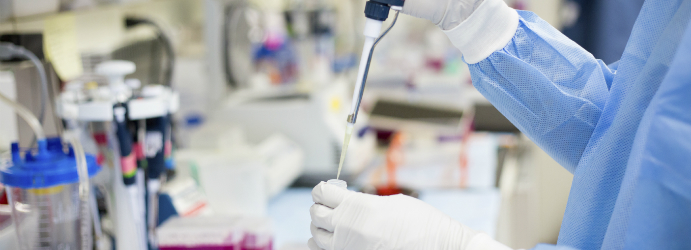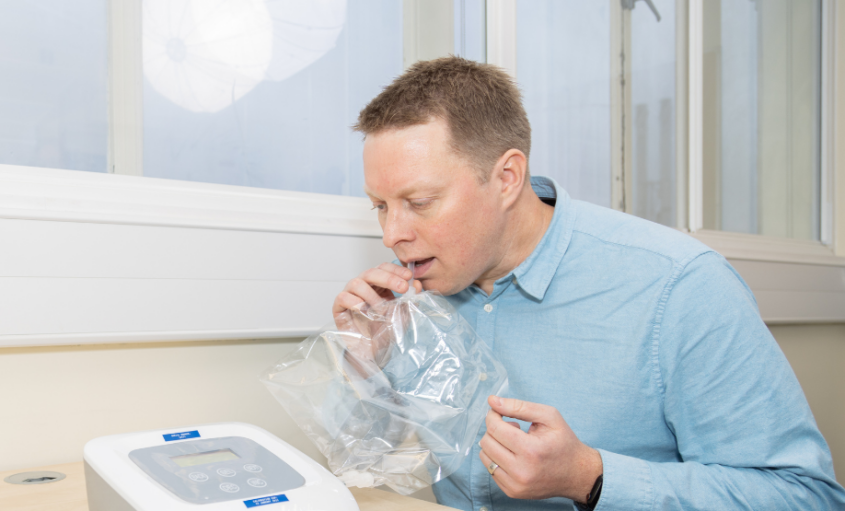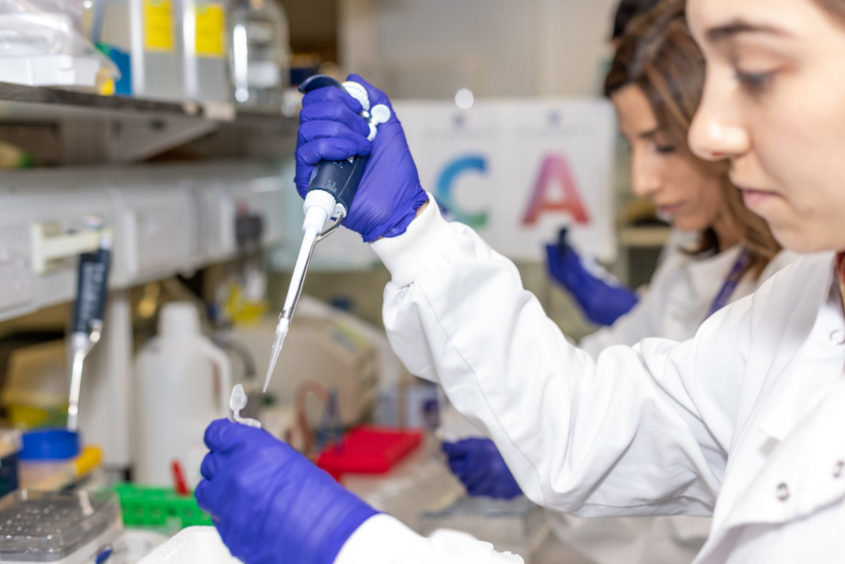Developing a breath test for pancreatic cancer
Our researchers at Imperial College London are developing the world’s first breath test for the early detection of pancreatic cancer, which could save thousands of lives every year.

Early detection saves lives. However, the symptoms of pancreatic cancer are vague, making it incredibly difficult for GPs to distinguish it from other less serious conditions. As a result, 80% of people with pancreatic cancer are diagnosed too late. Too late for treatment, too late to survive.
Developing new tools to improve the detection of pancreatic cancer would mean that more people are diagnosed earlier, giving them the chance to have life-saving treatment, and saving thousands of lives every year. This is why we are committed to sustained investment into the early detection of pancreatic cancer.
As well as putting new tools in the hands of GPs, we also need to focus on the earliest possible stages of detection, before symptoms begin, where the outcomes for people with pancreatic cancer are much better. We want to improve our understanding of how pancreatic cancer starts and develops, and identify new ways to monitor those most at risk, for example those with new-onset diabetes, or a family history of pancreatic cancer.
“We are on the edge of being able to realise really early detection of pancreatic cancer, which means more people will be able to benefit from treatments to improve their survival and have much more time with their loved ones.”
In 2018 we set up the Early Diagnosis Research Alliance which brought together a world leading team of experts, led by Professor Steve Pereira at University College London, with the aim of making significant progress towards the development of new tools for the early detection of pancreatic cancer.
Our researchers have already laid some of the vital groundwork for the development of new tests that will help GPs to detect pancreatic cancer at an earlier stage.
Thanks to our supporters, we are already making great strides towards the development of new tests for the early detection of pancreatic cancer. But we mustn’t stop there. More work will be needed to bring any breakthrough out of the lab and into the hands of GPs.
Your support will once again be critical to spearheading the next stage of ground-breaking research into early detection.
Our researchers at Imperial College London are developing the world’s first breath test for the early detection of pancreatic cancer, which could save thousands of lives every year.

Bringing a world-leading team of experts together to make significant progress toward the development of new tools for the early detection of pancreatic cancer.
